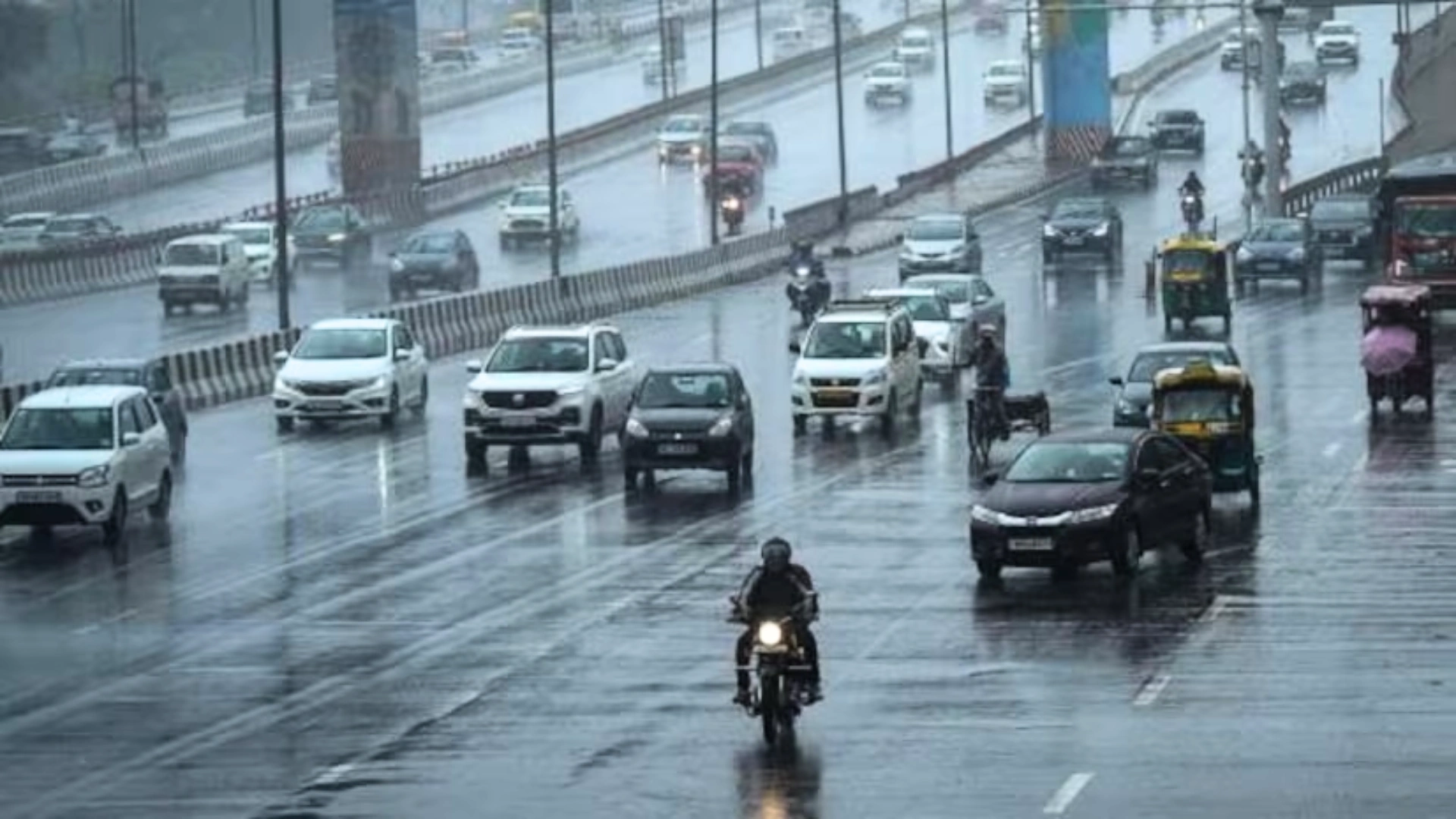The Supreme Court clarified on Tuesday that the Sahara Group is not restricted from selling its properties to deposit approximately ₹10,000 crore into the Sebi-Sahara refund account. This account is intended to return money to investors who have been waiting for their refunds.
The Supreme Court emphasized the importance of transparency and directed the Sahara Group to propose a scheme detailing how it intends to sell unencumbered properties to meet the deposit requirement. The matter has been scheduled for further consideration on September 5.
“There is no embargo on the Sahara group from selling properties. The only condition is you can sell it either at circle rate or circle rate minus 10%. If you want to sell it at a lesser value, all you must do is get the court’s permission. It’s in nobody’s interest that properties go below circle rates, but the only concern is that transactions should be fair,” stated a bench led by Justice Sanjiv Khanna.
Court’s Directives for Property Sale and Transparency
The bench, which also included Justices MM Sundresh and Bela M Trivedi, directed Sahara to provide a list of unencumbered properties available for sale. This list will be reviewed in conjunction with the Securities and Exchange Board of India (Sebi) to ensure transparency and accountability in the process.
“Let them give a list of unencumbered properties. We can then ask you what are the safeguards that you want. We will then devise a module on recovering the rest of the amount,” the bench instructed senior advocates Arvind Datar and Pratap Venugopal, who represented Sebi.
Background of the Case
The current scrutiny stems from a Supreme Court order issued on August 31, 2012, which directed Sahara India Real Estate Corporation Ltd (SIRECL) and Sahara Housing Investment Corporation Ltd (SHICL) to refund the amount collected from investors, including a 15% annual interest, within three months. Despite the decade-long lapse since the order, the Sahara Group has yet to fully comply, leading to ongoing court oversight.
Sebi raised concerns that not all Sahara properties are unencumbered and expressed uncertainty regarding the timeline for the group’s payment of the outstanding amount. The court urged Sahara’s senior counsel Kapil Sibal to present a clear plan outlining how the ₹10,000 crore deposit will be arranged and specify which properties could be sold.
Court’s Urgency and Other Applications
The bench stressed the urgency of compliance, suggesting it would be “prima facie” incorrect to claim that Sahara was not given sufficient opportunity to liquidate properties for depositing the required amount. “In one sense, you are a judgment debtor… The court order to deposit ₹24,400 crore would act as a decree,” the court noted.
Additionally, the Supreme Court addressed various applications from flat buyers, operational creditors, and other parties seeking relief and refunds. It clarified that the pendency of the case before the Supreme Court should not obstruct any other appropriate forum from considering matters related to the Sahara Group.
Sebi-Sahara Case Overview
Since 2012, the Sebi-Sahara case has experienced numerous legal twists. According to Sebi, Sahara firms have deposited ₹15,455.70 crore to date, which has been invested in fixed deposits across nationalized banks. As of September 30, 2020, the total amount in the Sebi-Sahara refund account, including interest, stands at ₹22,589.01 crore. However, only ₹138 crore has been disbursed to investors so far.


















